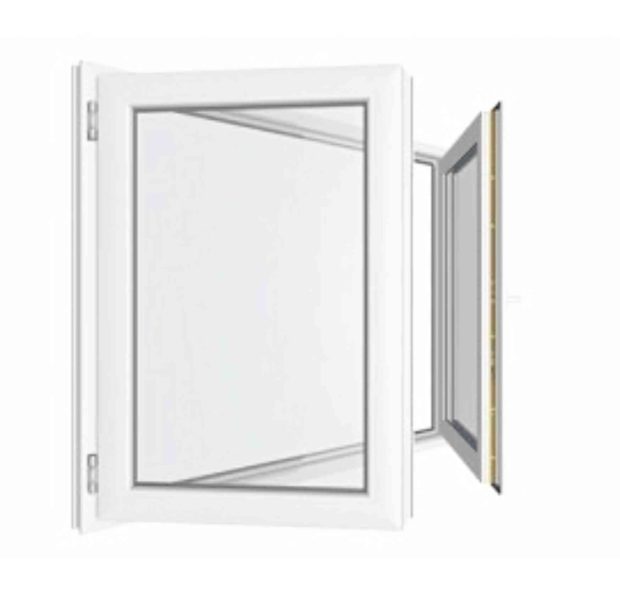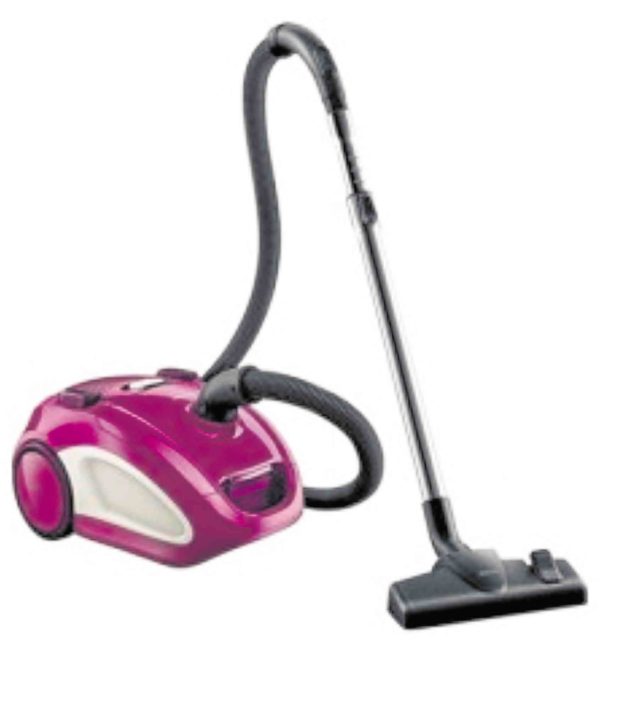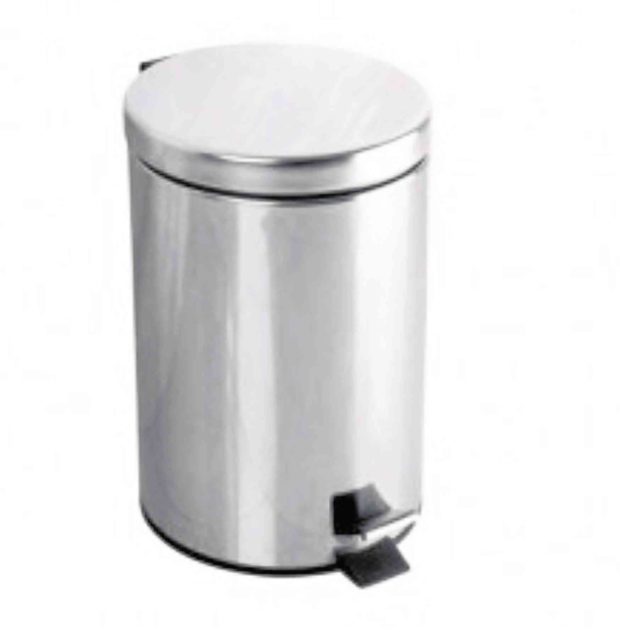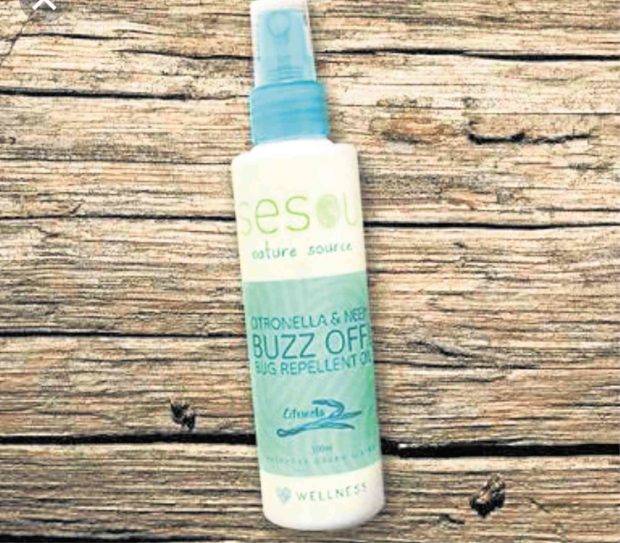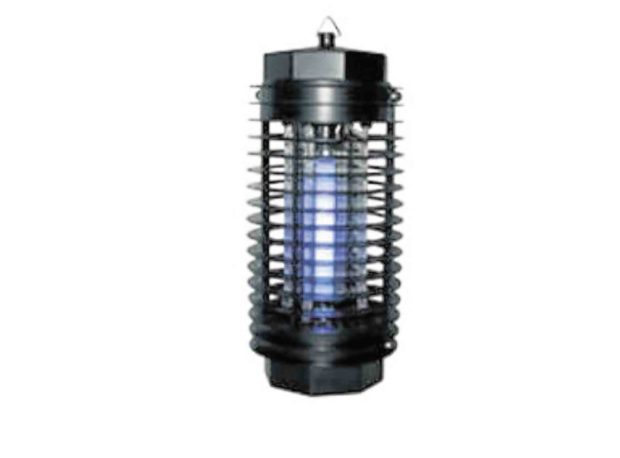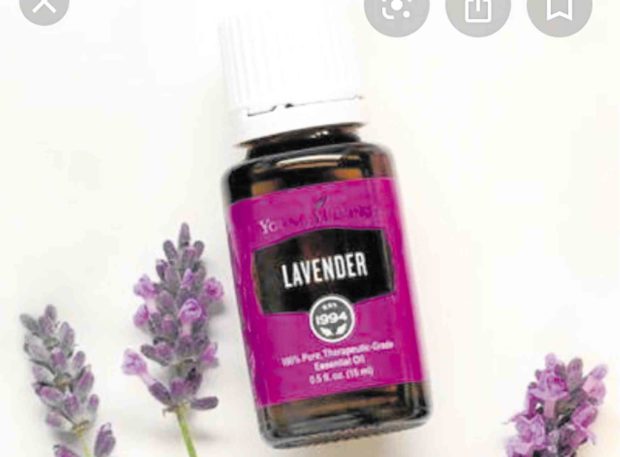Effective remedies to ward off the deadly bite
Dengue is the culprit of all culprits. It has turned into such a menace when it caused the deaths of 622 Filipinos this year. In fact, the Philippines recorded the most number of dengue cases in Southeast Asia at 146,062 from January to July this year alone.
But while the government is doing its utmost best to curb the rise of the deadly disease, it still needs us to do our part in preventing the spread of dengue, starting in our own homes.
The Department of Health is thus enjoining all Filipinos to do their share by participating in what it dubbed as “Sabayang 4 o’clock habit para deng-get out” which urges the public to observe the “4S strategy.”
And with some simple household tools, you can easily search and destroy mosquito breeding places; use self-protective measures like wearing long sleeves and insect repellent; seek early consultation on the first signs and symptoms of the disease; and say yes to fogging during a dengue outbreak.
Regular cleaning
Keeping our surroundings clean will go a long way in preventing the spread of dengue. It’s best to clean not just inside your home, but outside as well. So check the areas surrounding your home—your garden, garage, den or any other extensions to ensure that there are no possible breeding grounds for mosquitoes. Also keep in mind that dengue-carrying mosquitoes tend to sleep in cool, dark places so letting the light in will do you a lot of good.
Containers
It is said that mosquitoes are more attracted to dark colored containers so avoid using these. Use light or bright-colored ones instead. At the same time, make sure that your water containers have lids to keep mosquitoes from breeding in them.
Insect repellent
Use safe insect repellent and wear it during periods when the dengue-carrying mosquitoes are more active. These tend to bite early mornings and evenings before dusk.
But not all repellents are safe for everyone. Insect repellent 3535 or IR3535 is a synthetic product and is said to be unsafe for pregnant and breastfeeding women as it contains a powerful repellent for flies, mosquitoes and deer ticks. However, DEET or N,N-diethyl-3-methylbenzamide is effective for exposed body parts and has been declared as safe for infants older than two months and children. DEET is also safe for soon-to-be mothers and lactating ones. Just avoid getting it on your mouth and eyes as it can cause mild irritation, itching, skin eruptions and rashes.
Bug repellent machines
The ultraviolet light in many bug repellent machines are said to attract mosquitoes and other insects. These machines employ a zapping mechanism that aids in killing the dengue-carrying ones. A portable and smart mosquito killer is often lightweight so you can easily move it from one space to another. It also has a gilded cage to avoid children from touching it.
Mosquito-repellent plants
Have more mosquito-repellent plants around your house.
Of course, we all know about the wonders of citronella, which is easy to grow. It also emits a strong aroma, which masks other scents, and keeps mosquitoes from being attracted to things located around it.
But did you know that it’s not the only plant that can repel mosquitoes? There are actually 11 plants that can be used to ward off these pesky insects. These include lemon balm, catnip, marigolds, basil, lavender, peppermint, garlic, pennyroyal, rosemary and geraniums.
Essential oils
You can also use essential oils to repel mosquitoes. Lavender is found to be among the most effective and thus widely used, as mosquitoes are said to hate the scent of the purple flower. You can also choose to apply lavender oils to the skin directly or use it as a body spray.

